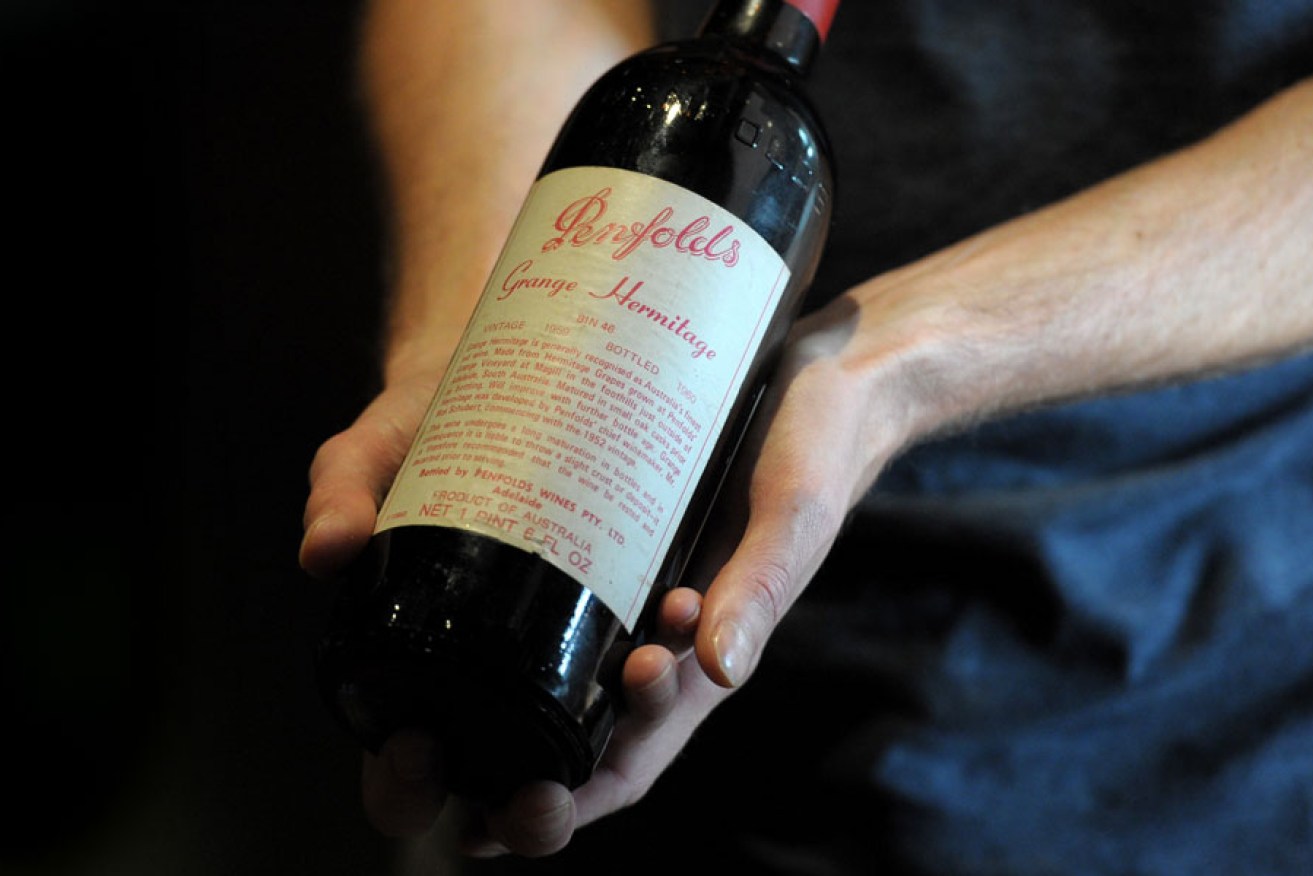Abraham: Fighting corruption the SA way


How many bottles of Grange have been left on ministerial doorstops in Adelaide? We don't know.
If you need a crash course in the gung-ho way Sydney goes about fighting corruption and the hoity-toity way things are done in Adelaide, look no further than the websites of both organisations.
Talk about a tale of two cities. This is ‘Sin City’ versus the ‘City of Deconsecrated Churches Now Used As Nightclubs’.
The web portal for the NSW Independent Commission Against Corruption sends an unmistakable signal – we mean business.
You would have to be a really dumb pollie or public servant not to get the message.
It is bristling with information, including not just its completed reports but also the sensational public investigations it has on the boil – Operations Credo and Spicer.
In brief, Credo and Spicer are the names given to twin, over-lapping inquiries into “alleged corrupt conduct concerning MPs, Australian Water Holdings and political donations”.
As the suddenly ex-Premier of NSW Barry O’Farrell discovered rudely last week, these words cover a multitude of sins.
The NSW’s site includes all transcripts of the Credo and Spicer public hearings, including the more than 121 exhibits tendered so far, a “restricted access portal” for authorised witnesses and their lawyers, and a big “Report Corruption Here” button in pride of place on the front page.
And what of SA’s very own, belated ICAC?
A casual observer would mistake its website for a low-rent Tourism SA promotion – the main visual activity is a flip-through slideshow of the Festival Centre, rolling vineyards and, oddly, the ruins of Port Willunga jetty.
Click on “investigations and examinations” and you will read plenty about how the ICAC goes about its work, but not one word about what it is actually investigating or examining. Try the other link to “complaints and reports” – same story.
It would be shallow exercise simply to compare the work and effectiveness of the two ICAC models based on a spot of web surfing.
But we do know this – in both style and substance, the ICAC model in NSW is unashamedly brash, sometimes brutal, and very public.
Its process of public interrogation of witnesses is not solely aimed at gaining prosecutions and convictions, but to deterring corruption on even the smallest scale.
The robust interrogation of witnesses sends a clear message that if you are thinking of doing anything even slightly dodgy, you will be dragged backwards through a field of ripe pineapples.
How many bottles of Grange have turned up on how many ministerial doorsteps in Adelaide?
In SA, the public does not know what our ICAC and its highly-regarded commissioner Justice Bruce Lander QC, are or are not doing.
We do not have a clue. And if anyone gets a whisper, it is against the law to breathe a word of it.
It is against the law to flag that you plan to take a matter to ICAC or even that you think it should look at an issue.
The Act makes it legally risky for a journalist to ask if an individual, or a matter, is “being investigated”, even if no mention is made of who or what may be conducting that investigation.
Apparently, this is now being interpreted as extending to cafe conversations.
Over a private coffee with a senior Minister a few weeks back, we asked whether a certain person was being investigated by ICAC and he replied that it was against the law to comment, even off the record. Yes, Minister.
Mr Rann rejected a state-based ICAC for his entire time in office – nearly 10 years. He argued existing agencies were already doing the job and a separate ICAC would be “a lawyer’s picnic”.
When new Premier Jay Weatherill caved in late in 2011, we got the most secretive of all the nation’s ICACs. The argument is that public hearings can trash the reputations of the innocent.
After last week’s shock resignation of Mr O’Farrell over the now infamous $3000 bottle of Penfold’s Grange that turned up on his doorstep, some are increasingly worried that the NSW model is doing just that, while shame-faced shonks and shysters escape prosecution.
The SA approach may ultimately see a higher conviction rate, but is that the sole test of a corruption-buster?
While Barry O’Farrell’s crime was not one of corruption but of giving wrong testimony to ICAC about a freebie bottle of Grange, and not entering it in his parliamentary gift register, it also gave the public an invaluable glimpse into how the wheels of public life are so often lubricated.
How many bottles of Grange have turned up on how many ministerial doorsteps in Adelaide?
A few years back David Bevan and I were at lunch with people from a certain energy utility. We paid for our own meals, a practice that is never-ending source of hilarity to our hosts on the rare occasions when we do lunch in Adelaide.
At one point they asked whether we, and our spouses, would like to be their guests at a Barossa Under the Stars event for the weekend, all expenses paid. Awkward.
When we declined, mumbling that the ABC paperwork for accepting this sort of thing was a pain in the bum, they replied: “Oh, don’t worry, we know about the ABC’s rules. We get around that by sending the tickets to your home.”
This is not corrupt nor is it illegal. Some might think it is just being nice. And what could possibly be wrong with that?
Matthew Abraham and David Bevan present the weekday breakfast program on 891 ABC Adelaide.
Matthew is on Twitter as @kevcorduroy
InDaily’s regular political columnist Tom Richardson is on leave.




